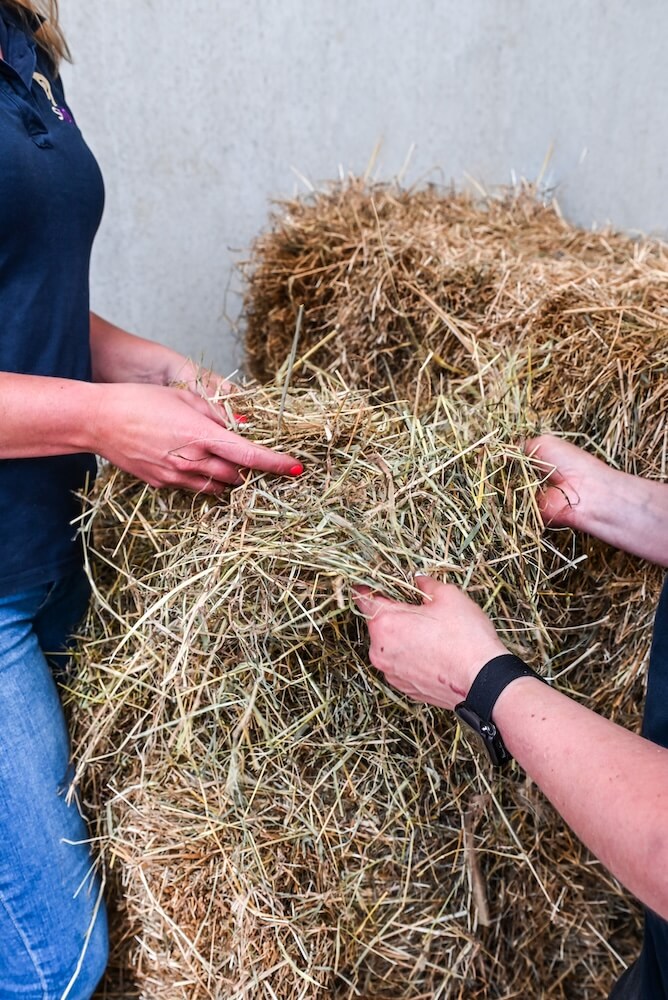Home » Examination and diagnosis » Internal Sports Medicine » Gastrointestinal examination
Gastrointestinal examination
Proper feed intake is essential for sport horses to perform at their best. Disorders of the stomach or intestines can interfere with this process. Gastric ulcers, for example, are common in sport horses. At the Sporthorse Medical Diagnostic Centre (SMDC), we offer advanced gastrointestinal examinations performed by a Diplomate of the European College of Veterinary Sports Medicine and Rehabilitation (ECVSMR).
Indications for a gastrointestinal examination
- Poor performance
- Weight loss and/or reduced appetite
- Poor coat condition and/or abnormal manure
- Behavioral changes in the stable (teeth grinding, yawning)
- Behavioral changes during work (reaction to saddling or girthing, resistance during exercise)
- Recurrent colic
- Lack of energy
Contents of the examination
The clinical examination is the first step in evaluating the horse’s gastrointestinal system. The examination is performed by a European specialist (Diplomate ECVSMR) and may include several components.
Gastroscopy
During a gastroscopy, the stomach lining is carefully examined using a camera to identify ulcers or other mucosal abnormalities. This allows us to determine not only the presence of gastric ulcers but also their exact location and severity. Distinguishing between the following types of lesions is essential, as their causes, treatments, and prognoses differ:
- Squamous gastric ulcers (in the upper, non-glandular part of the stomach)
- Glandular gastric ulcers (in the lower, glandular part of the stomach)
During the examination, the esophagus (esophagoscopy) and, in most cases, the first part of the duodenum (duodenoscopy) can also be visualized.
Biopsies
If needed, a biopsy of the stomach or intestinal wall can be taken during the gastroscopy for further laboratory analysis. The sampling process is not uncomfortable for the horse and allows for a detailed microscopic evaluation of the mucosal structure.
Ultrasonography
If abdominal organ disorders are suspected and the gastroscopy does not provide a clear diagnosis, an abdominal ultrasound can be performed. This allows visualization of structures such as the stomach, liver, spleen, and intestines.
Same-day results available
The results of the examination are usually discussed immediately afterward. Based on the findings, a targeted treatment plan is created, often including medication (such as acid inhibitors), dietary adjustments, and management recommendations.
An accurate diagnosis prevents unnecessary medication, speeds up recovery, and contributes to long-term well-being and performance.
The findings are documented in a written report and discussed with the owner and, when applicable, the referring veterinarian. Through specialist expertise, advanced equipment, and multidisciplinary collaboration, we provide a reliable assessment and effective treatment recommendations for all types of cardiac conditions.
More information?
Download our information sheet ‘Maagzweren bij sportpaarden herkennen en behandelen‘.

Have blood tests performed by SMDC
Together with the best specialists in their fields, we provide the most optimal support for your horse.
Feel free to contact us to discuss the options for your horse.
